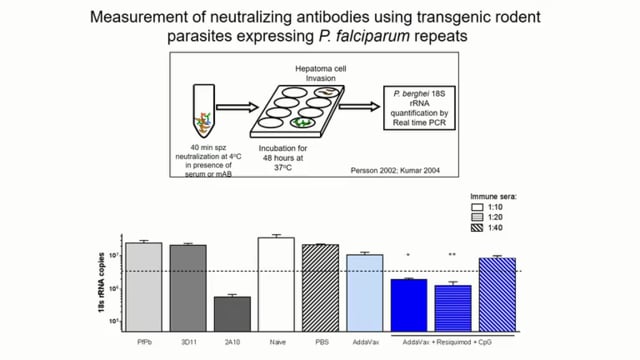Last Updated: 06/11/2023
Immunological mechanisms of resistance and disease in Malaria
Objectives
This project proposes to identify innate immune biomarkers as well as B and T cell responses that are predictive of disease outcome and mosquito transmission.
In the last 15 years, Joao Santana da Silva’s lab has dedicated to understand the mechanisms by which Plasmodium infection stimulate the innate immune responses and what is the outcome of these responses in host resistance to infection and pathogenesis of Malaria. The current research program includes three projects around a main theme, which is “Immunological mechanisms of host resistance and disease in Malaria”. In the first project titled “Monocyte Dendritic Cells (MO-DCs) in Malaria”, it is planed to evaluate the emergence of MO-DCs and the their pathogenic role in rodent Malaria. The second project titled “Killing of P. vivax infected reticulocytes by cytotoxic T cells” will provide evidences that P. vivax infected reticulocytes express HLA-I (MHC class I) and are killed by CD8+ T cells from Malaria patients. The intent is to evaluate the competence of reticulocytes to present endogenous antigens via HLA-I and the mechanism of intracellular parasite killing by CD8+ cytotoxic T cells. Finally, third project is titled “Immunology of asymptomatic Malaria and the effects of immunity on Plasmodium transmission“. If successful, these studies will provide important information for monitoring silent infection in infective asymptomatic individuals and potentially new insights to further control Malaria transmission in hypo-endemic areas. In summary, by using ex vivo, in vitro and in vivo experimental models, the intent is to elaborate cell biology and immunological questions that will allow us to address the mechanisms of host resistance and pathogenesis of Malaria. In the third project the intent is to apply some of the hypothesis raised in the lab to define mechanisms that are potentially involved in modulating the systemic inflammation and preventing parasite elimination in asymptomatic Malaria patients, and therefore, main impediment for eliminating parasite transmission in hypo-endemic areas of Malaria. (AU)
Apr 2020 — Mar 2024


